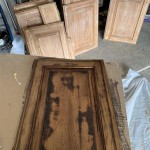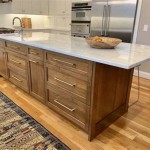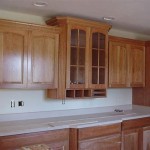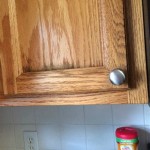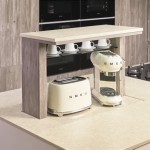Cabinet Liner Ideas: Essential Aspects to Consider
Cabinet liners provide an extra layer of protection and organization within your kitchen and bathroom cabinetry. Choosing the right liners can significantly enhance the functionality, aesthetics, and longevity of your cabinets. Here are some crucial aspects to consider when selecting cabinet liners:
Material and Durability
Cabinet liners come in various materials, including vinyl, plastic, fabric, and cork. Vinyl is a popular choice due to its water resistance, durability, and ease of cleaning. Plastic liners are another good option for moisture-prone areas, while fabric liners offer a softer touch and can add a decorative element. Cork liners are environmentally friendly and provide excellent sound absorption.
Size and Coverage
Ensure that the liners you choose fit snugly within your cabinets. Measure the shelves and drawers before purchasing to determine the appropriate dimensions. Liners should cover the entire surface to provide maximum protection against spills and scratches.
Adhesive or Non-Adhesive
Adhesive liners adhere directly to the cabinet surface, providing a secure hold. However, they can leave a sticky residue upon removal. Non-adhesive liners, on the other hand, are placed loosely on the shelves and can be easily repositioned or removed for cleaning.
Style and Color
Cabinet liners come in a wide range of colors and patterns. Consider the overall decor of your kitchen or bathroom when choosing a liner. Neutral colors like white or gray complement most designs, while bolder colors or patterns can add a pop of style to your cabinetry.
Functionality and Organization
Some cabinet liners serve additional functional purposes. For example, non-slip liners help keep items in place, while quilted liners provide cushioning for delicate items. Liners with built-in drawer dividers can enhance organization by separating utensils, spices, or other small items.
Cleaning and Maintenance
Choose liners that are easy to clean and maintain. Vinyl and plastic liners can be wiped down with a damp cloth, while fabric liners may require occasional hand washing or dry cleaning. It's recommended to regularly remove and shake out liners to prevent the accumulation of dust or debris.
Additional Tips
Consider using a combination of liners to achieve optimal results. For example, place a non-slip liner in a lower cabinet for heavy cookware, while opting for a softer fabric liner in a drawer where you store silverware. Regularly inspect your cabinet liners and replace them as needed to maintain their effectiveness.
By carefully considering these aspects, you can select the ideal cabinet liners to meet your specific needs and enhance the functionality and organization of your kitchen and bathroom cabinetry.

Simple Diy Drawer And Shelf Liners

Give Your Kitchen A Colorful Makeover On The

Drawer Paper Liner

Diy Shelf Liner Ideas For Your Home

Why You Need Shelf Liner Cleaning Organizing S Blue I Style

Ray Star Shelf Liner Non Slip 18x96 Inch Adhesive Drawer Waterproof Liners For Kitchen Cabinets Size 18 X 96

25 Clever Cleaning Organizing S Using Shelf Liners Making Lemonade

4 Uses For Easyliner Brand Shelf Liner In The Kitchen Duck

How To Cut Perfect Drawer Liners Every Time And No Measuring Required Salvaged Inspirations

Diy Shelf Liner Simple Decorating Tips
Related Posts

